Companion Plants That Will Make Your Celery Thrive
Companion Planting: How to Make Your Celery Thrive
Celery is a delicious and versatile vegetable that can be enjoyed in a variety of dishes. But did you know that there are certain plants that can help your celery thrive? Companion planting is the practice of planting certain plants together in order to benefit each other. By planting celery with the right companion plants, you can improve its growth, flavor, and pest resistance.
In this blog post, we will discuss some of the best companion plants for celery. We will also provide tips on how to plant and care for your celery so that you can enjoy a bountiful harvest.
What Are Companion Plants?
Companion plants are plants that benefit each other when they are grown together. Some companion plants attract beneficial insects, while others repel pests. Some companion plants improve the flavor of other plants, while others help to improve the soil quality.
There are many different companion plants that can be beneficial for celery. Some of the best companion plants for celery include:
- Marigolds: Marigolds are known for their insect-repelling properties. They can help to keep away pests such as aphids, beetles, and whiteflies.
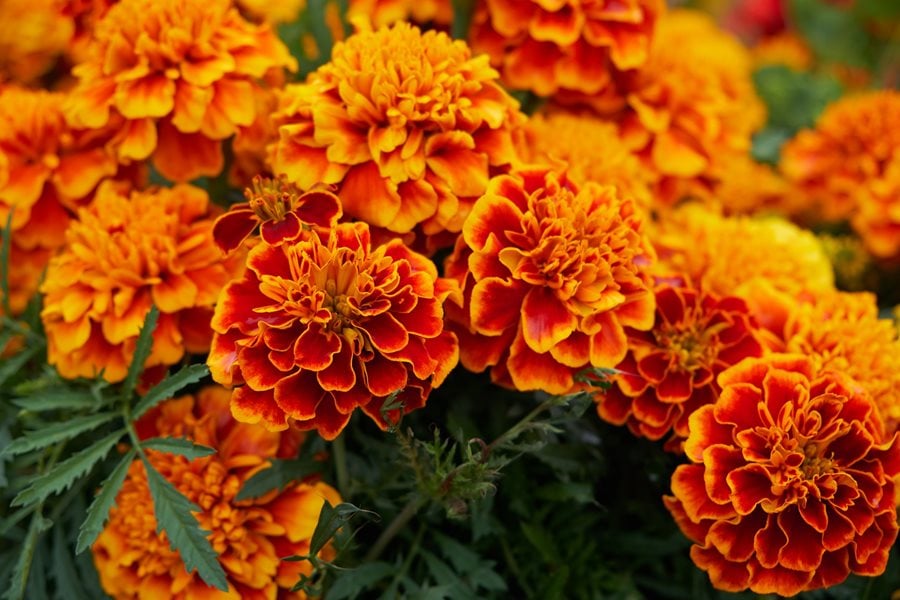
- Chamomile: Chamomile is another herb that is said to repel pests. It is also thought to improve the flavor of celery.
- Mint: Mint is a strong-scented herb that can deter pests and rabbits. It can also help to improve the drainage of the soil around celery plants.
- Nasturtiums: Nasturtiums are another flowering plant that can help to repel pests. They are also edible and can be added to salads or sandwiches.
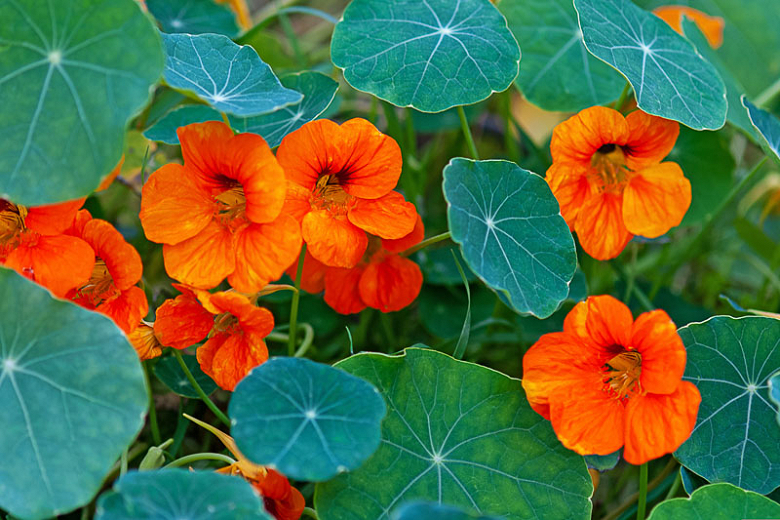
- Thyme: Thyme is a herb that is known for its antibacterial and antifungal properties. It can help to protect celery plants from diseases.
- Basil: Basil is a herb that is known for its pest-repelling properties. It can also help to improve the flavor of celery.

- Dill: Dill is a herb that is known for its insect-repelling properties. It can also help to improve the flavor of celery.
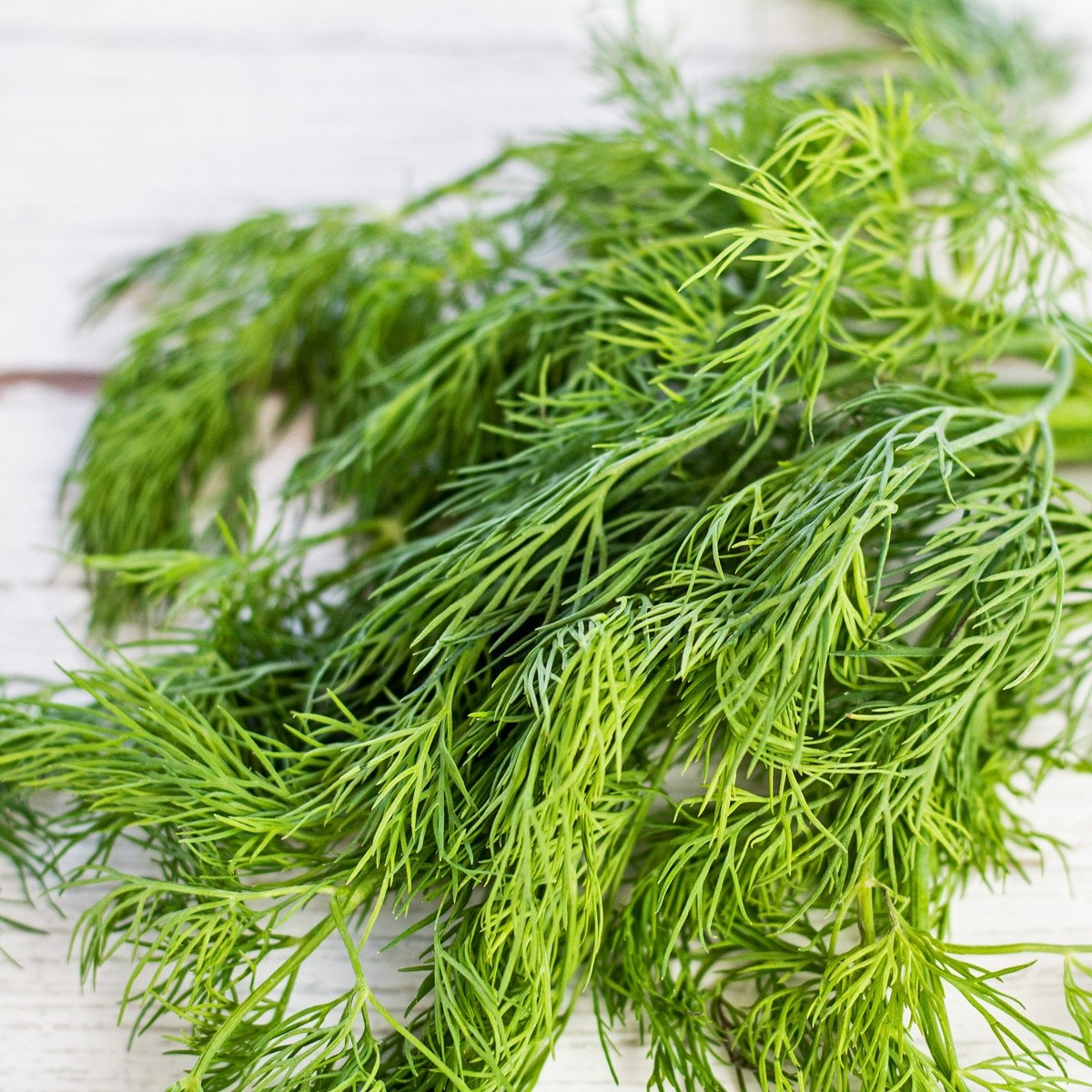
- Sage: Sage is a herb that is known for its insect-repelling properties. It can also help to improve the flavor of celery.

- Oregano: Oregano is a herb that is known for its insect-repelling properties. It can also help to improve the flavor of celery.
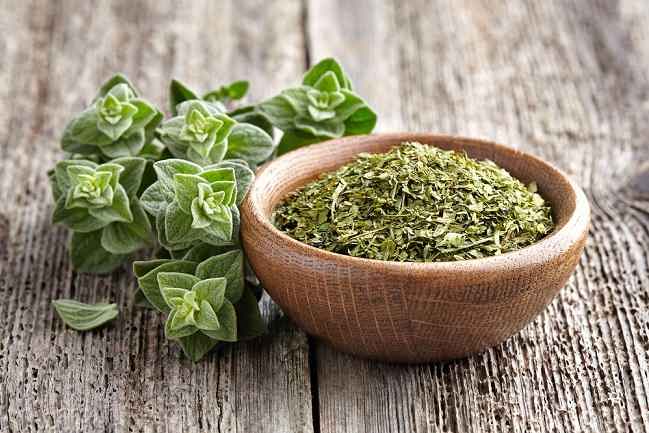
- Rosemary: Rosemary is a herb that is known for its insect-repelling properties. It can also help to improve the flavor of celery.
- Bee balm: Bee balm is a flowering plant that attracts beneficial insects, such as bees and butterflies. These insects can help to pollinate celery plants and improve their yield.
How to Plant Celery with Companion Plants
When planting celery with companion plants, it is important to consider the size and growth habit of each plant. For example, you would not want to plant celery next to a plant that is very tall and will shade the celery.
Here are some tips on how to plant celery with companion plants:
- Choose a sunny spot with well-drained soil.
- Plant celery seeds 1/2 inch deep and 1 inch apart.
- Thin seedlings to 2 inches apart once they have germinated.
- Water celery regularly, especially during hot weather.
- Fertilize celery every few weeks with a balanced fertilizer.
- Protect celery from pests and diseases.
Conclusion
By planting celery with the right companion plants, you can improve its growth, flavor, and pest resistance. By following the tips above, you can enjoy a bountiful harvest of celery from your garden.
Celery is a delicious and versatile vegetable that can be enjoyed in a variety of dishes. But did you know that there are certain companion plants that can help to improve its growth and flavor?
Some of the best companion plants for celery include:
- Beans: Beans fix nitrogen in the soil, which can help to provide celery with the nutrients it needs to thrive.
- Cabbage family members: Celery's strong scent can help to deter pests that attack cabbage family members, such as cabbage moths and flea beetles.
- Onion family members: The strong scent of onion family members can also help to deter pests, and they may even improve the flavor of celery.
- Spinach: Celery and spinach can help to shade each other from the hot sun, which can help to prevent both plants from bolting.
- Tomatoes: Tomatoes and celery have similar growing requirements, and they can help to attract beneficial insects to the garden.
For more information about companion plants for celery, I recommend visiting Gardenia Inspiration. This website has a comprehensive list of companion plants, as well as tips on how to plant them together for the best results.
FAQ of companion plants to celery
- What are the best companion plants for celery?
Some of the best companion plants for celery include:
- Marigolds: Marigolds have a strong scent that repels pests, such as aphids, beetles, and nematodes. They can also help to improve the flavor of celery.
- Chamomile: Chamomile is thought to improve the flavor of celery and also repel some pests.
- Mint: Mint has a strong scent that deters pests, such as rabbits and deer. It can also help to keep the soil around celery moist.
- Nasturtiums: Nasturtiums have a peppery scent that repels pests, such as aphids and cabbage worms. They can also attract beneficial insects, such as ladybugs.
- Herbs: Other herbs that make good companion plants for celery include thyme, basil, dill, sage, oregano, rosemary, and bee balm. These herbs have strong scents that repel pests and can also improve the flavor of celery.
- Can I plant celery next to tomato plants?
Yes, celery and tomato plants make good companion plants. They have similar growing requirements and can help to deter pests from each other. For example, the strong scent of celery can help to repel tomato hornworms, while the leaves of tomato plants can help to shade celery from the sun.
- What vegetables should I avoid planting near celery?
Some vegetables that you should avoid planting near celery include:
- Cucumbers: Cucumbers and celery compete for the same nutrients and water, so planting them together can stunt their growth.
- Beans: Beans can attract aphids, which can also damage celery plants.
- Potatoes: Potatoes and celery can both be susceptible to verticillium wilt, a fungal disease that can kill both plants.
- What flowers can I plant with celery?
Some flowers that make good companion plants for celery include:
- Cosmos: Cosmos attract beneficial insects, such as ladybugs, which can help to control pests on celery plants.
- Daisies: Daisies help to improve the soil around celery plants and can also attract beneficial insects.
- Snapdragons: Snapdragons help to deter pests, such as aphids and cabbage worms.
- Sunflowers: Sunflowers can help to shade celery plants from the sun and can also attract beneficial insects.
- Lavender: Lavender has a strong scent that repels pests, such as mosquitoes and moths. It can also help to improve the flavor of celery.
- When is the best time to plant celery?
The best time to plant celery depends on your climate. In cool climates, celery can be planted in the spring or fall. In warm climates, celery can be planted in the spring or summer. Celery needs about 3-4 months to mature, so make sure to plant it early enough in the season so that you have time to harvest it before the weather gets too cold or hot.
Image of companion plants to celery
- Mint is a good companion plant for celery because it deters pests like aphids and carrot flies. It also helps to keep the soil cool and moist, which celery prefers.
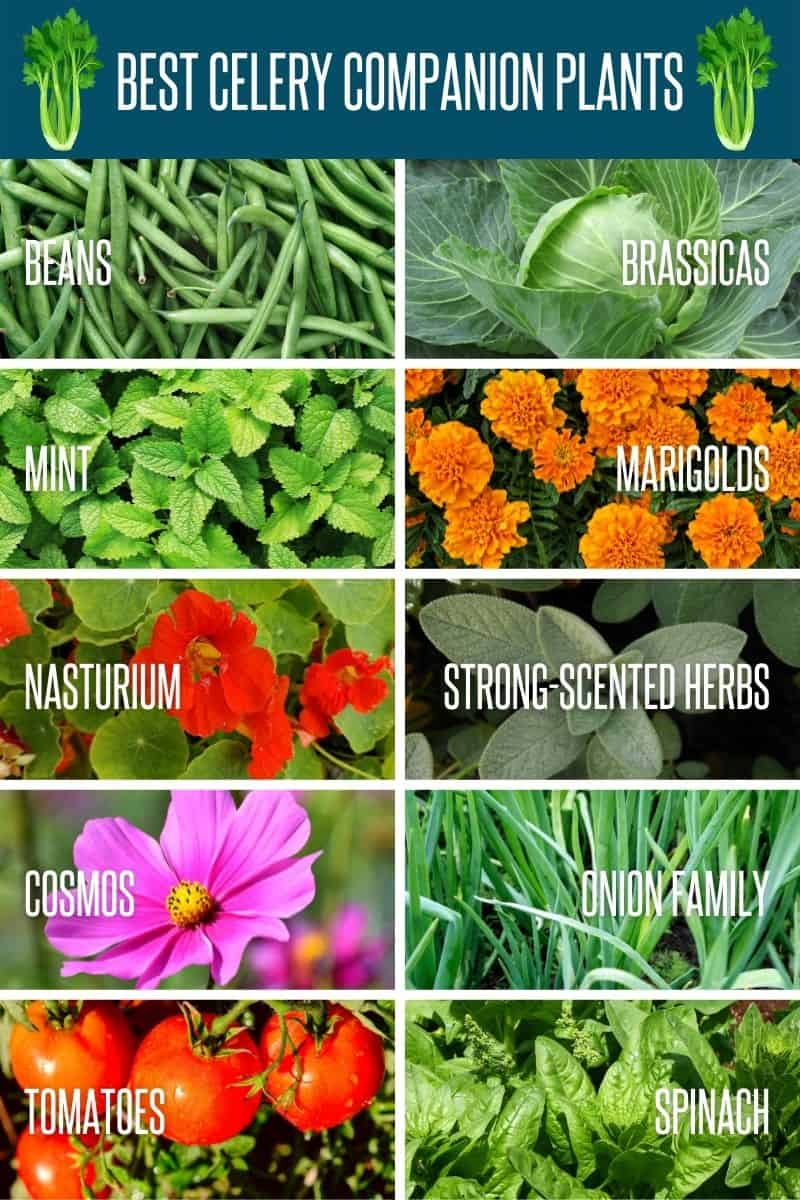
- Dill is another good companion plant for celery because it helps to repel pests and attract pollinators. It also helps to improve the flavor of celery.
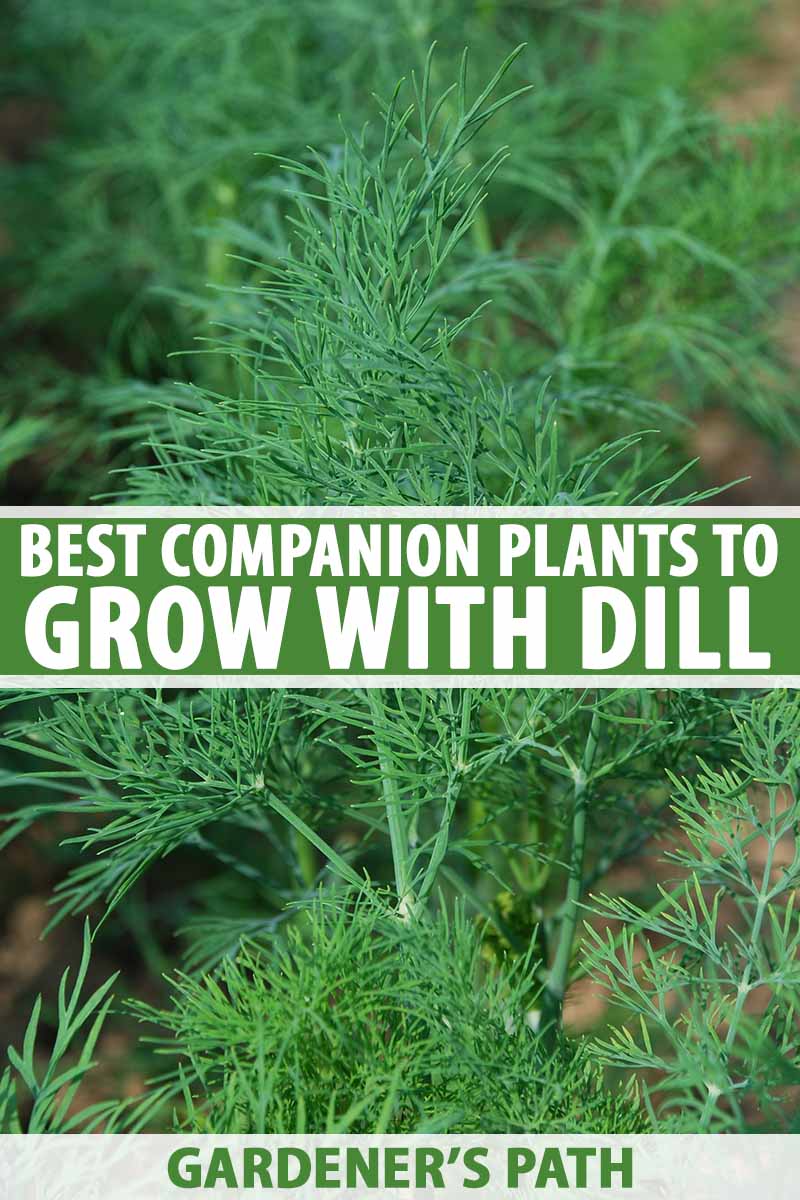
- Carrots are not typically considered to be good companion plants for celery, but they can actually be beneficial if planted in separate rows. The carrots will help to suppress weeds, which can help to protect the celery from pests.
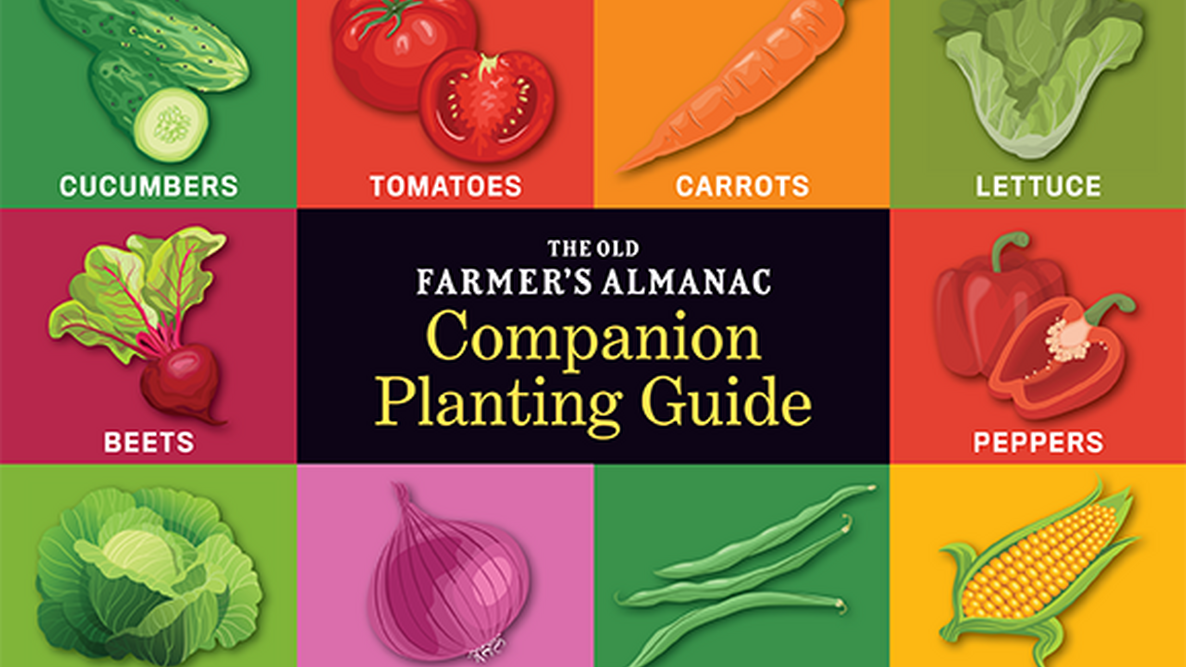
- Onions are another good companion plant for celery because they help to repel pests and improve the flavor of celery. They also help to keep the soil loose and well-drained, which celery prefers.

- Spinach is a good companion plant for celery because it helps to suppress weeds and improve the flavor of celery. It also helps to keep the soil cool and moist, which celery prefers.


Post a Comment for " Companion Plants That Will Make Your Celery Thrive"